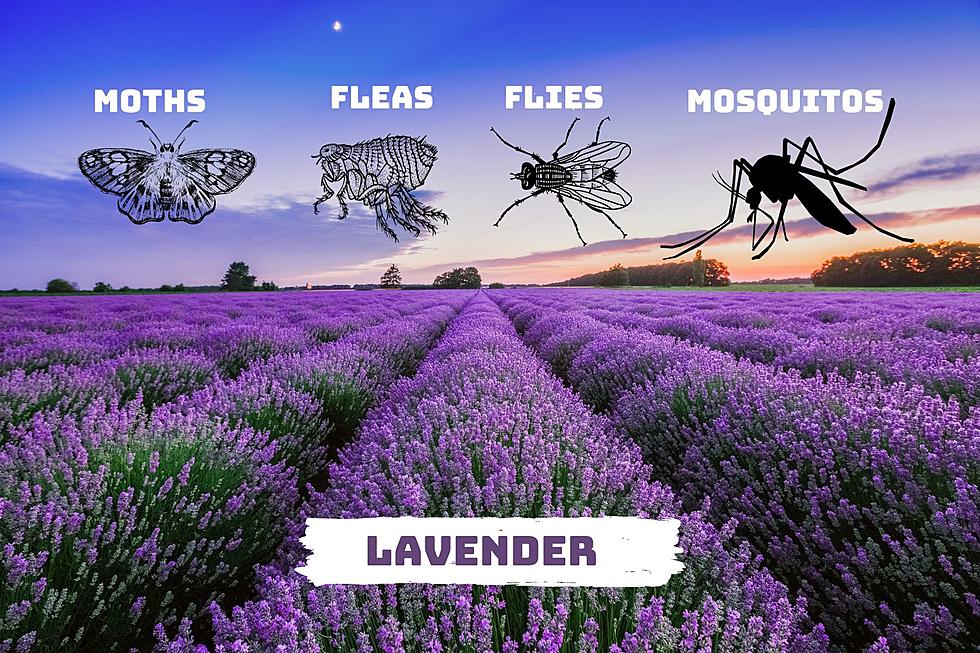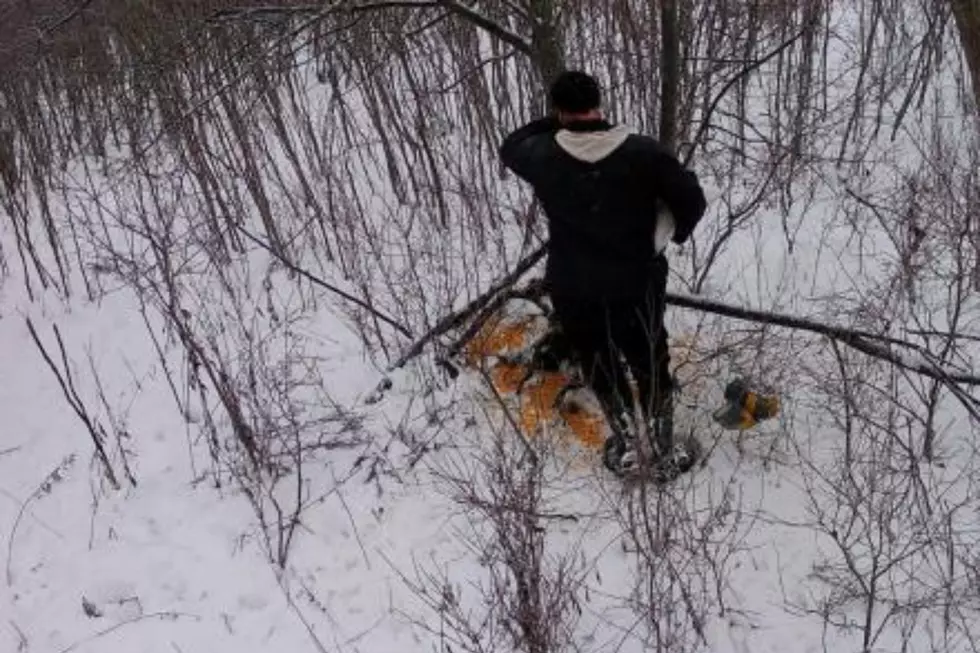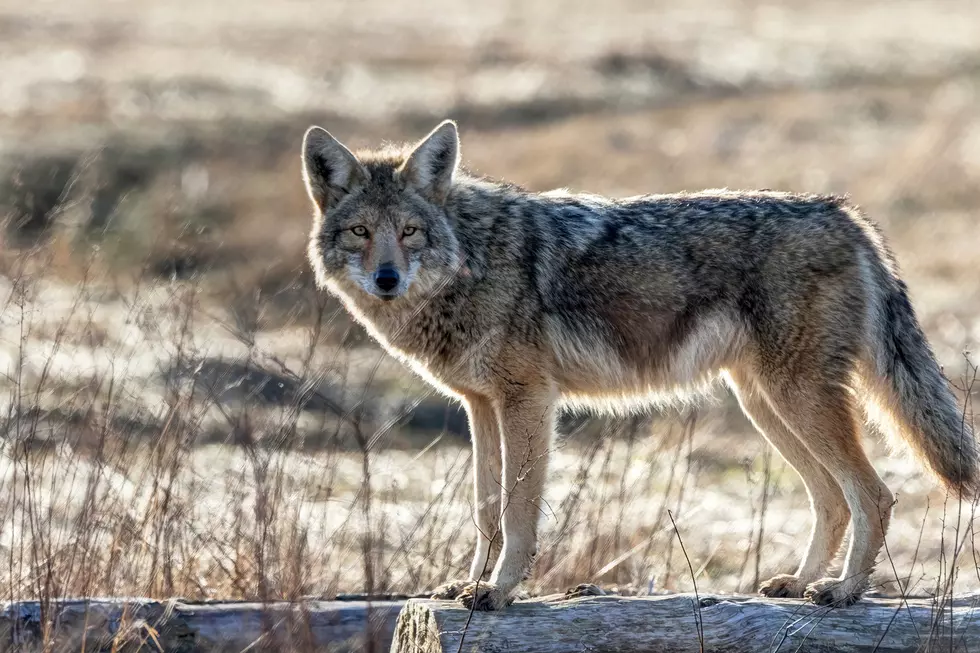
Protect You and Your Horse Against West Nile Virus – AG Matters
You and your horse have more in common than just that special bond. Both of you can be susceptible to West Nile Virus, transmitted by mosquitos. And peak mosquito season has just begun. Here some tips on protecting you and your horse from Cornell Cooperative Extension. CCE's Katherine Brosnan says vaccination and good management helps protect both of you during mosquito season, which hits its peak now through October.
West Nile is transmitted by mosquitoes feeding on infected birds and then transmitting it to horses, humans and other mammals. The increased rainfall we have experienced this year can increase the abundance of two species of mosquitoes associated with the spread of West Nile.
Horse owners should consult with a veterinarian to discuss vaccination options prior to exposure to the disease. For unvaccinated horses owners should be aware that the most common signs of WNV infection in horses include stumbling, poor coordination, weak limbs, partial paralysis, muscle twitching and in some cases, death. For preventive measures; keep animals away from standing water, use screens in stalls to keep mosquitoes and wild birds out and during peak times (dusk to dawn) of the day keep horses inside. And you should probably wear long sleeve shirts during that time too. Get more information on West Nile virus from The Baker Institute. SOURCE: Cornell Cooperative Extension - Katherine Brosnan
More From Big Frog 104









